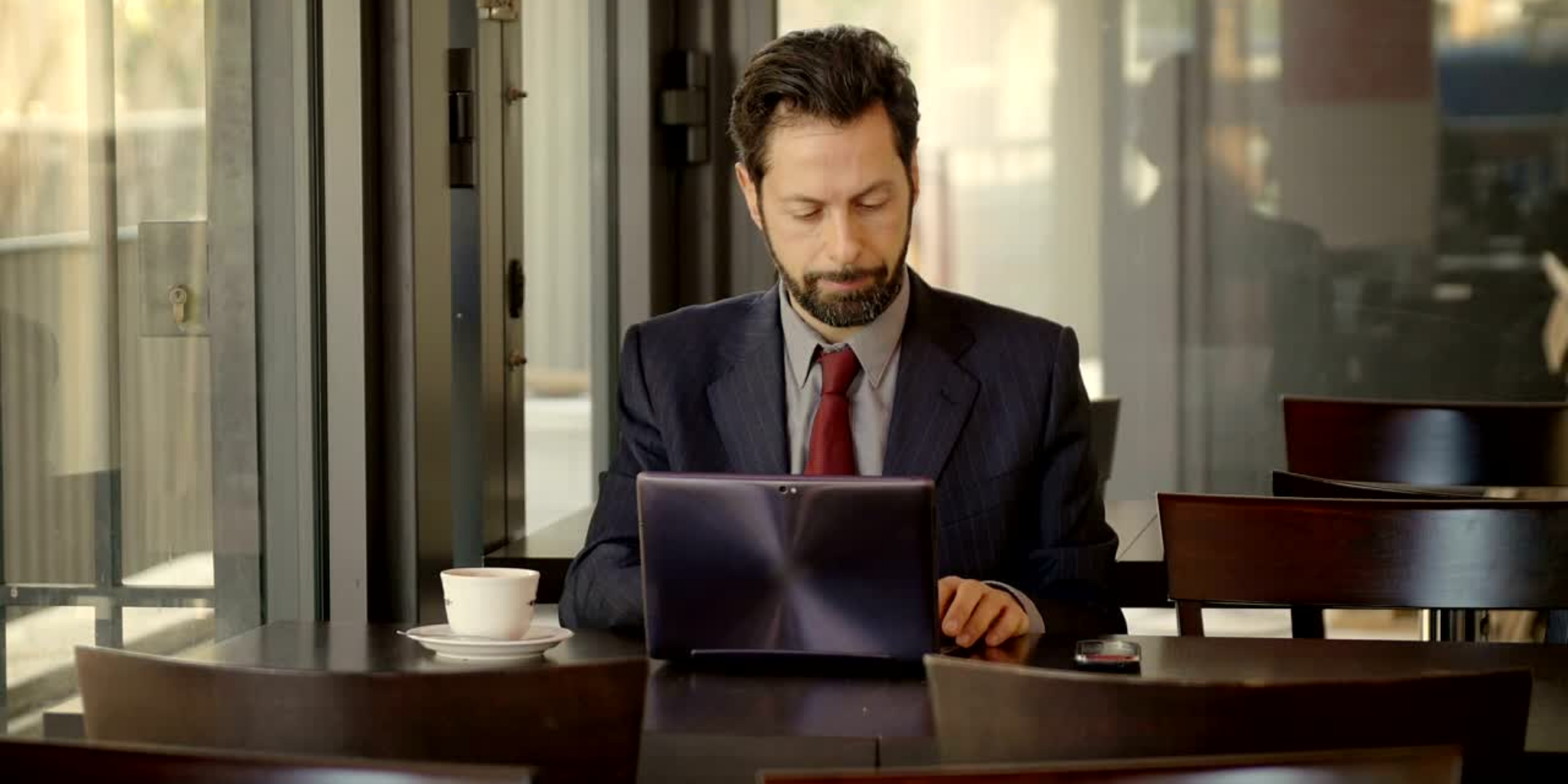Ready for a trip down memory lane of the paralegal profession? A little flashback into the earlier days of being a paralegal?
We’re taking you back in time a little. If you’re new to the paralegal profession, you’re lucky that you probably never had any of these things and maybe will have no idea what I’m talking about with a few of these things that have changed in the industry.
If you’ve been a paralegal for a while, then you’ll get a good laugh (or a big sigh of relief) when we remind you of some of these things that used to be the norm when you were working as a paralegal.
Now, this list is only for the top 10. If you have other things that you’re glad to have finally changed for paralegals, we’d love to hear from you! Comment below, and if there are enough of them, we’ll do a follow-up article.
Here we go.
10 things we’re glad to have finally changed in the paralegal profession:
1. No Pants Policy for Women
The “unwritten” dress policy in some law firms said female paralegals were not allowed to wear pants. Only skirts or dresses. And with that skirt or dress, you had to wear pantyhose.
Yes, yes, yes – that actually used to be a dress policy in some law firms. I’m going to bring you all the way back to the early 90s. Well, that’s when my career started, but the firm had that policy in place until sometime around 1996 or 1997. So it’s not like I’m talking about something that was 50 years ago.
Ask a paralegal who’s been in the industry for 30 or 40 years, and they’ll tell you. Even if their firm didn’t outright ban females from wearing pants, you could get yourself in trouble if you didn’t wear pantyhose.
Can you imagine the dress patrol coming around trying to confirm you weren’t wearing pantyhose? I don’t even want to think about that.

2. Overall Dress Code
Dress codes, in general, have relaxed for men and women. Now, in most firms, it’s business casual, and some are even casual, so long as you have a suit jacket available in case you’re called to court or something.
Do you know what changed that dress code? – because the change started well before Covid. It was that some firms were using the business casual dress code as a hiring incentive for new associates coming out of law school. And before you knew it, the firms who were still holding on to the stricter business attire dress codes weren’t as competitive in their hiring, especially with the younger professionals.
3. Comparisons to Legal Secretary
Attorneys (at least most of them) don’t ask the question, “what’s the difference between a paralegal and a legal secretary?”
Now, if we could just get them to stop saying, “You’re smart enough to be a lawyer, why didn’t you go to law school?” which brings me to number four.
Litigation Paralegal Boot Camp
Are you tired of being the Panic Mode Paralegal who spends your days playing whack-a-mole with last-minute rush projects because you’re waiting for someone to show you what it takes to be great litigation paralegal?
This is the only program of its kind that provides litigation paralegals with all of the tools to master litigation cases from the complaint through the trial, and everything in between.
You will be the Confident Case Strategist faster than you ever imagined possible.

4. The Non-Attorney Designation
Law firms (most of them) don’t use the employee category designation of non-attorney or non-lawyer for paralegals and other legal support professionals anymore.
Many paralegals I know have master’s degrees; some have JDs and just decided they didn’t want to practice law and be responsible for getting clients.
Paralegals are not “non-anything.” Now, for those still using that non-attorney title, they’ll make the argument, “Well, we have to distinguish between the people who are allowed to practice law and those who are not.” Okay, then call them paralegals or legal support professionals.
Think about it like this: they don’t call nurses non-doctors to help patients understand who’s allowed to operate on them.
If your firm is still using that non-attorney or non-lawyer category to identify your role, be patient – it will eventually change. Just like the legal industry is slow to adopt other things, the more they see other firms moving away from it, the more of them will make the change.
5. Work Being Equivocated with Sitting at Your Desk

Most attorneys and managers now understand that they don’t have to see you sitting at your desk in the office to believe that you’re working.
It took a pandemic to make it happen, but we’ll take it however we can.
Technology has allowed for more work-from-home opportunities. Here are 10 WFH Paralegal Technology Tools.
6. Goodbye Fax Machines
No more standing at fax machines. If you are, then it’s time to convince your attorney to get an online fax account.
7. So Long Bates Stamping Device
No more red ink stains on your hands from using that Bates Stamping device. If you don’t know what I’m talking about with this one, consider yourself lucky.
8. More Access to Paralegal Development Opportunities
Virtual events and online courses have allowed paralegal professionals more access to professional development that doesn’t involve attending an all-day conference and then having to do 2 days’ worth of work in one day to make up for it. Check out these 6 Ways to Expand Your Paralegal Education.
9. Attorney-Only Cafeterias
We’ve eliminated attorney-only cafeterias at the big firms. Yes, they really existed. I guess this goes back to the non-attorney label. But this was on a whole different level. I never worked in a firm that had this, but it was well-known in a couple of the firms. If you weren’t an attorney, you had to get an invitation to the attorney’s dining room in order to eat there. Like it was the Delta Sky Club or something

10. The Modern Marvel of E-Filing
Last but not least, I’m glad that paralegals are no longer driving to the clerk’s office to file paper pleadings and motions or to research things. Before e-filing, it was nothing for a paralegal to be watching the clock as the attorney finished that brief, calculating where to find parking and making sure you had that extra copy to bring back a file-stamped copy to the office after it was filed.
Let’s just hope it doesn’t take another 30 years to see some big changes to the paralegal profession and how the work gets accomplished. Those that have been in the profession for decades, like our guest blogger, Laurie Fields, can attest to the many lessons learned during her paralegal career. What changes would you like to see in our profession? Comment below.
Meet the Author

Ann Pearson is the Founder of the Paralegal Boot Camp, and host of the Paralegals on Fire! Podcast Show, and passionate about promoting the paralegal profession.
Ann spent 20 years working as a paralegal manager and a litigation paralegal before opening the Paralegal Boot Camp in 2010.
Ann’s training programs focus on adding immediate value to a paralegal’s career and bridging the gap between what a paralegal learns in school and what they actually do on the job.
Visit the About Us Page to learn more about why Ann started the Paralegal Boot Camp.


























